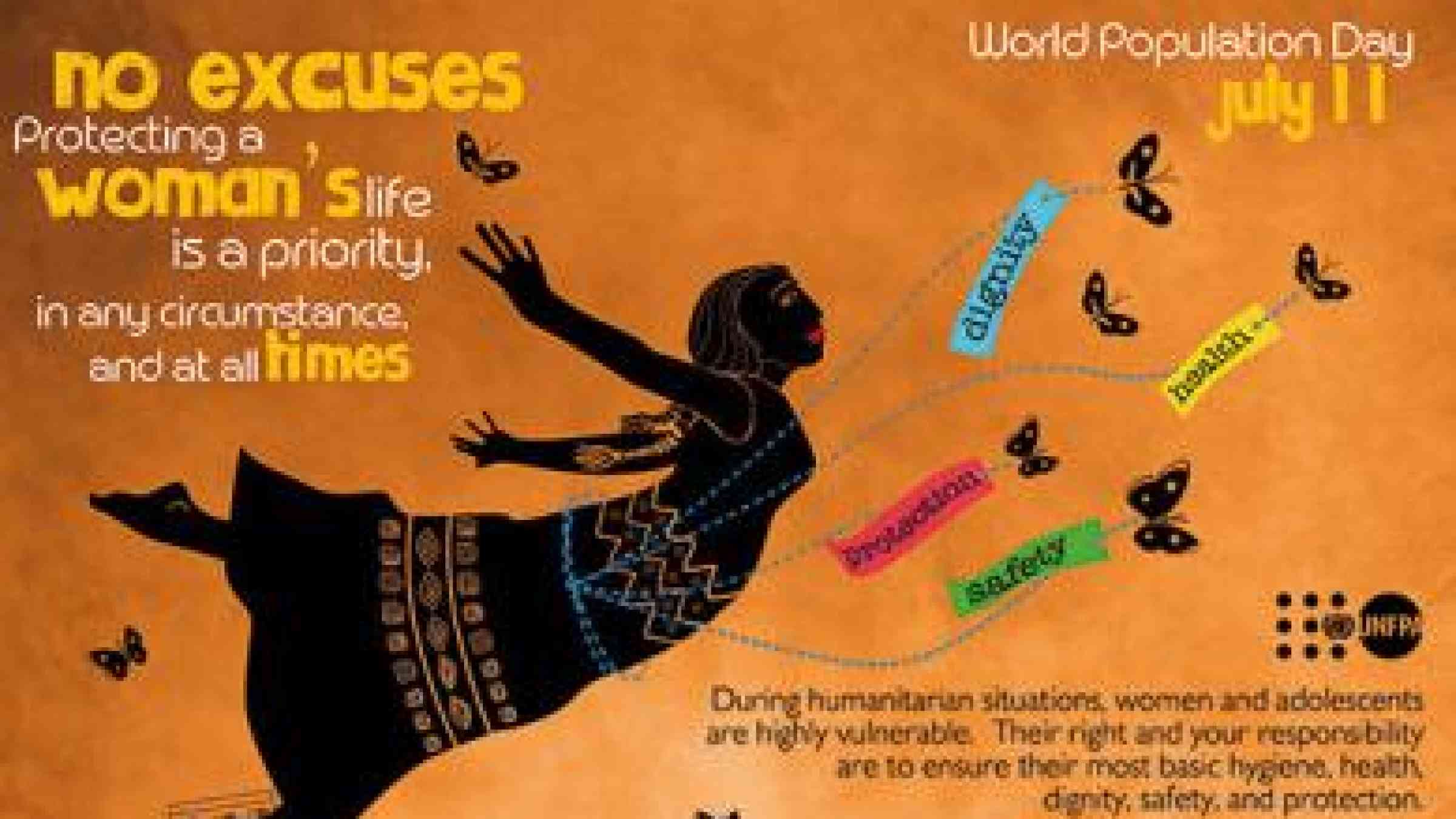UNFPA: Count in vulnerable populations in disaster preparedness and response

UNFPA, the United Nations Population Fund, called on humanitarian agencies to redouble efforts in addressing the special needs of vulnerable populations in preparedness and response measures to disasters as nations observe World Population Day on July 11.
Globally, over 50 million people are displaced by disasters and armed conflicts and over 75 per cent of them are women, girls and young people who are among the most affected population in emergencies due to their vulnerabilities.
“They are constantly exposed to sexual violence, maternal deaths, unwanted pregnancies and the threat of sexually transmitted infections, including HIV, because of the absence or lack of reproductive health services and protection mechanisms,” said UNFPA Country Representative Klaus Beck.
Beck said recent humanitarian crises have seen pregnant women giving birth in the most unsanitary conditions without the assistance of skilled birth attendants. He also cited sexual violence committed against women and young girls due to lack of security in the midst of a chaotic situation.
In the 7.2 magnitude earthquake anticipated by the Philippine Institute of Volcanology and Seismology (PHIVOLCS), the UNFPA estimates that of the 2.9 million people expected to be displaced, around 700,000 are likely to be women and girls of child-bearing age, and close to 29,000 will be pregnant. More than 100 childbirths are also expected to give birth every day. Also, around 435,000 of the displaced population will be persons with disabilities (PWDs).
“Reproductive health and protection services should be in place at the onset of a humanitarian emergency. They are as important as food, shelter and water; they are life-saving,” Beck said.
UNFPA brought attention to the needs of persons with disabilities, which are often overlooked during a humanitarian crisis. “Often, they are either directly excluded from or are not able to fully benefit from disaster risk reduction and humanitarian response programmes,” Beck said.
Citing the UN Convention on the Rights of Persons with Disabilities, Beck said it is crucial that disability-inclusive policies are included in all phases of disaster management to ensure the full and equal fulfilment of human rights of PWDs.
"The point is, every disaster puts vulnerable populations at risk and endangers their lives. They are less able to safeguard their own needs and interests compared with others. Responding to their special needs during emergency situations helps ensure that everyone is given proper protection, health and dignity to life as a matter of right," he said.